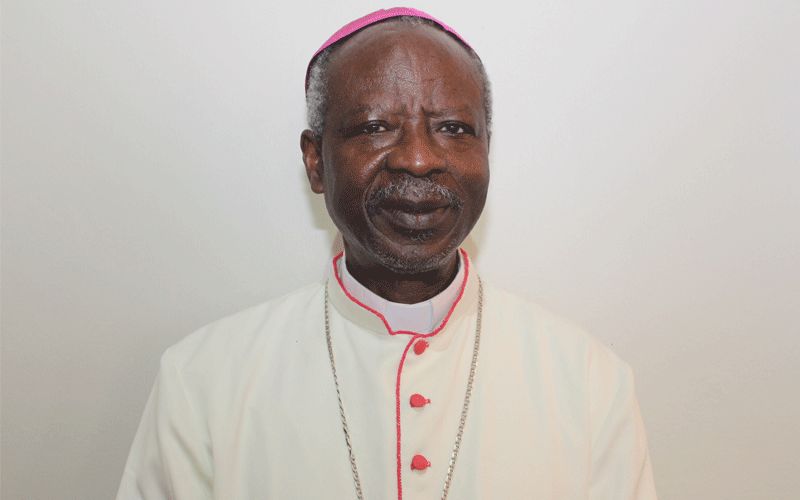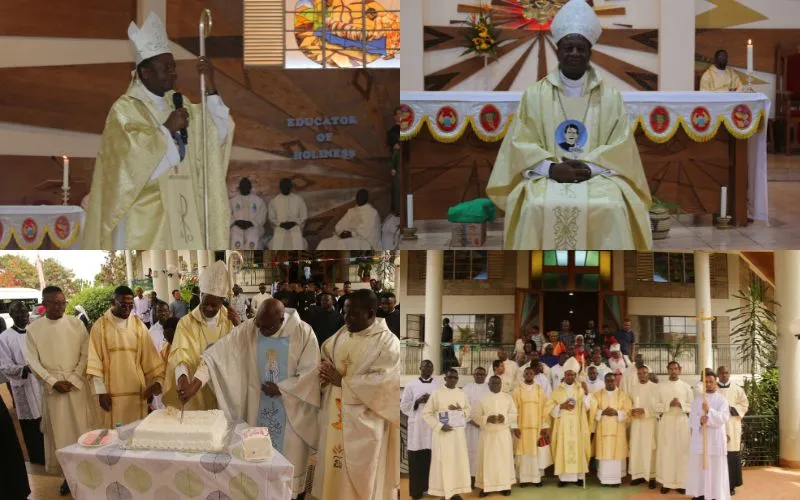Gaborone, 15 June, 2020 / 8:30 pm (ACI Africa).
A bishop in Botswana who wrote an emotional letter to George Floyd, citing a strong bond of friendship with the black man who was killed by police in Minnesota, U.S., says the widely protested violence continues to play out in African countries that are characterized by police brutalities.
People across the globe remember Floyd from his final harrowing moments as he gasped for air and cried out, “I can’t breathe,” as an unheeding police officer pinned the 46-year-old man on the ground.
In a widely circulated letter that was released through the Southern African Catholic Bishops' Conference (SACBC), Bishop Frank Nubuasah of Botswana’s Gaborone Diocese recalled his personal encounters with Floyd, expressed anger at his merciless killing and concluded, with a message of hope, that the murdered man would find the one thing that the officers denied him.
“I will miss you George. You can now breathe eternally the breath of love. Rest in peace,” the Bishop wrote in a letter that was dated June 4.
In a reflection published by the Inter-Regional Meeting of the Bishops of Southern Africa (IMBISA) on Monday, June 15, the 70-year-old Bishop sought to explain the significance of Floyd’s last words, which continue to reverberate across the world in protests that demand accountability of law enforcers.








